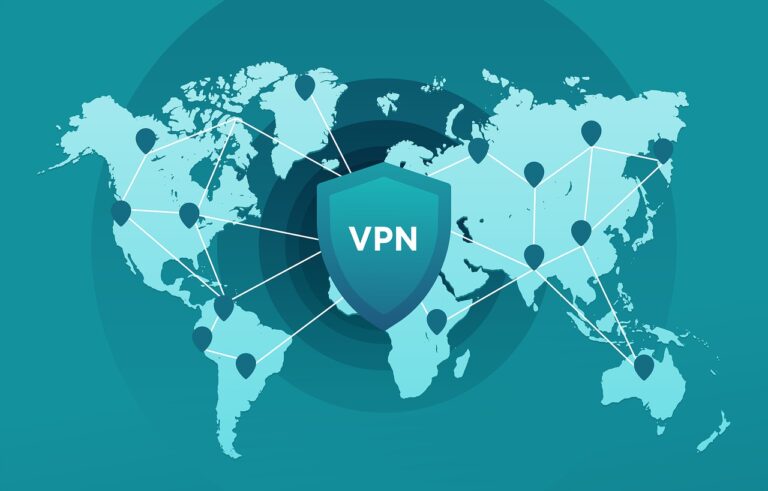One of the most important tools for protecting yourself online is a virtual private network (VPN). A VPN masks your IP address and encrypts your internet packet, making it more difficult for others to snoop on what you’re doing.
Virtual Private Networks, or VPNs, use encryption to ensure your internet connection is as secure and private as possible.
You can use a VPN to connect your computer (or smartphone) to a remote network over the Internet. This allows you to access that remote network just like you would if you were physically on it.
Table of Contents
Why do people use VPNs?
Well, there are several reasons why people may want to use them:
- to access the internet securely: by using an encrypted connection between two devices, data traveling between those devices cannot be read by anyone else who might be monitoring the network traffic. This means that if someone tries to eavesdrop on your activity online or steal information from one of your devices—like credit card details, for example—they won’t be able to do so since all messages sent over this encrypted tunnel will appear as gibberish;
- to access the internet anonymously: if you want people on the other end of an internet connection not to know where exactly you’re located, set up a proxy server before sending anything. Everything appears to be coming from somewhere else instead of directly back at the home base where it actually originated.
What does a VPN do?
A VPN encrypts your data, routing it through a remote server before sending it to the internet. So no one can see what you’re doing online, including your ISP (Internet Service Provider). It also means that you can easily access content that isn’t available in your country, like Netflix or YouTube videos blocked on copyright grounds.
VPNs are also useful for protecting yourself against hackers and other threats when using public WiFi hotspots. It also protects you when connecting via an untrusted network such as one provided by an airport or hotel.
VPNs allow you to bypass censorship restrictions some countries’ governments impose. For example, services like Facebook and Twitter are often blocked in countries such as China. Many Chinese residents use VPNs to access those sites from within China’s borders.
How does a VPN work
A VPN is created by establishing a virtual point-to-point connection via the use of virtual tunneling protocols, dedicated connections, or traffic encryption.
The first tunneling protocol that used L2TP was created by Microsoft and Cisco. In 1999, they formed an industry consortium called the Layer 2 Tunneling Protocol group or L2TP. The goal was to standardize the tunneling protocol. This was to allow vendor implement it without paying royalties like they had to do with PPTP. The result was L2TPv1 which became known as L2TP/IPSec.
L2TP/IPSec is now established as a VPN standard and is implemented in most OS and commercial firewalls, including WatchGuard firewalls.
What are the benefits of using a VPN?
VPNs can be used for various reasons, but they all have one benefit: protecting your privacy. This is particularly important while you’re connected to public WiFi networks, which are often unsecured and filled with hackers looking to steal sensitive data from unsuspecting users.
VPNs also allow you to access geo-restricted content that may otherwise be blocked by your internet service provider (ISP). For example, if you live in the UK and want to watch US Netflix—which has thousands more TV shows and movies than the UK version—a VPN will help you bypass these restrictions to enjoy an even better viewing experience!
What are the drawbacks of using a VPN?
Be aware that VPNs always slow down internet connections. This is because your data has to travel further than normal, and it has to be encrypted and decrypted by the VPN server.
This could mean that when you’re using a VPN, you get speeds slower than what your ISP offers. For example, if you have 50 Mbps download and 10 Mbps upload speeds on your home network). Due to this issue, you may also experience buffering issues or difficulty streaming videos or live events online.
Additionally, some VPNs are easy to set up but not very user-friendly once they’re running on your computer or phone. For example, a simple one-click connection button can start a service. However, other providers require customers to create an account before using one of their apps. This can be frustrating if all you want is access immediately!












